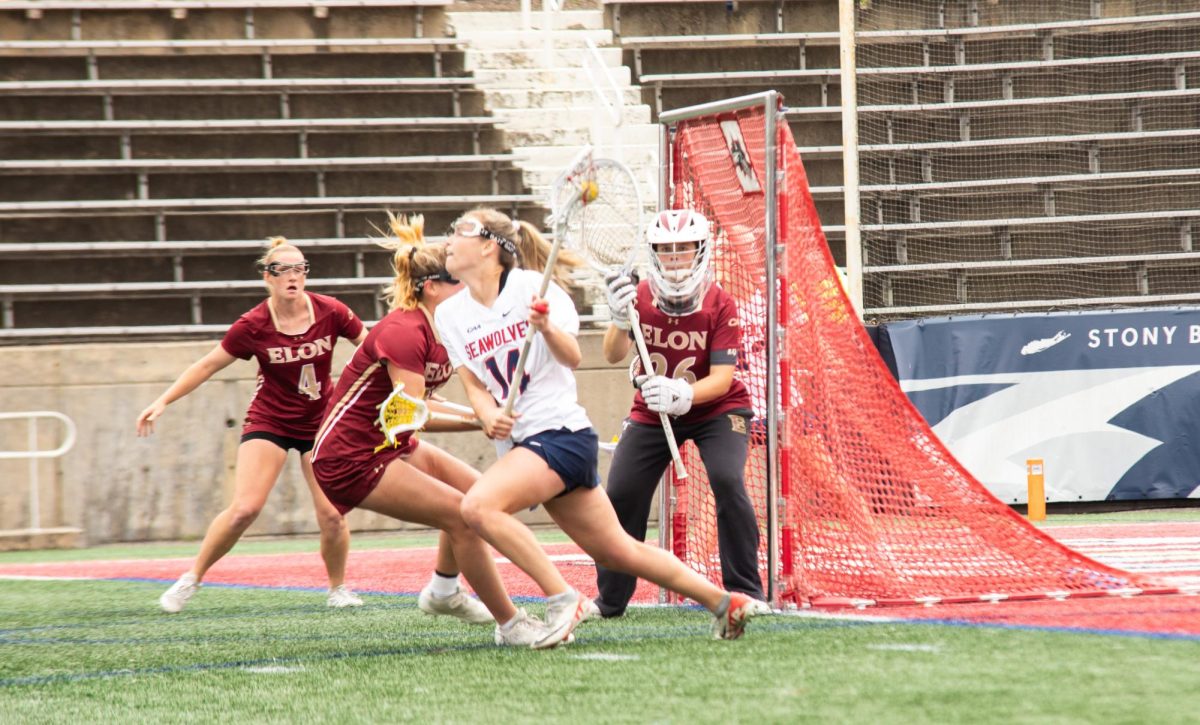This semester, departments at Stony Brook University had to do more with less, due to cuts taken to New York’s higher education budget. The Theatre Arts department was one that has taken the financial punch, but is finding alternative ways to salvage educations without sacrificing it.
For the Theater Arts Department, the cherry on top of a semester would be a successful production. But this year, main-stage productions are moving towards a classroom-oriented scene. In lieu of productions, workshop-like classes now offer students the opportunity to learn what happens backstage rather than live the experience on-stage. Smaller classes plan to work on theatrical projects as they begin to focus “classes in the liberal arts context,” said Steve Marsh, literary manager and lecturer from the Theatre Arts department.
“Trading off productions for a better classroom experience may be controversial,” Marsh said. “But the ultimate goal is for students to receive a well-rounded education.”
On average, the department used to put on two to five productions each year. Now there are none. For these productions, a portion of the Theatre Arts total budget would be allocated for props and set materials. According to Marsh, royalties for these productions would amount to approximately $3,000.
Ticket sales from previous shows would also play a role. From the 2009-2010 school year, the department was given a budget of $169 for “Theatre Arts/Performance Work” and $521 for the Cabaret by the Faculty Student Association, which provides supplementary services to the campus, among other financial sources.
“[The department] works on a we-let-you-know-when-we-know basis,” said Christopher Estebez, a junior theater arts student. “They don’t really seek our input as students.”
The department’s artist in residence and undergraduate acting advisor, Valeri Lantz-Gefroh, had similar thoughts about the future of the department.
“The classes that remain continue with good energy, but where they are leading is unclear to me since the curriculum has changed so radically,” said Lantz-Gefroh.
“As more students are coming into school, some issues like education, less options for classes and smaller class attention are affected,” said adjunct faculty member Jeanette Oi-Suk Yew about the budget cuts. “Overall, it’s not a good thing.”
Senior theater arts student, Don Curraba, says he thinks there could have been a different way to allocate budget cuts.
“The cuts to smaller departments like Theatre are a lot more detrimental than to larger departments, like science,” Curraba said. “They should focus cuts to larger departments or found a percent to make it equal.”
Curraba has been in one production, where he worked on sets and costumes, and he has participated in theatre-related extracurricular activities.
“As actors or actresses, we’ll be going to thousands of auditions in our lives,” said senior theater art student Kerri Logan. “If we don’t get to practice in a learning environment, where will we learn? I went to a public high school and they did eight shows a year. There’s no reason a university can’t have one show.”
Though there won’t be any productions, other options are still available including The John Gassner New Play Competition, a playwriting contest, the Stony Brook Student and Faculty 10-Minute Play Competition, the undergraduate Pocket Theatre Club and the Graduate Student Cabaret. But Logan doesn’t find it the same.
“The Pocket Theatre and Cabaret are their own organizations,” said Logan. “They may borrow from the Theater department, but they don’t interact with the program. You also don’t get credit for being in the Pocket shows,” she explained.
The chair of the department, Nick Mangano, refused to comment on these issues.












